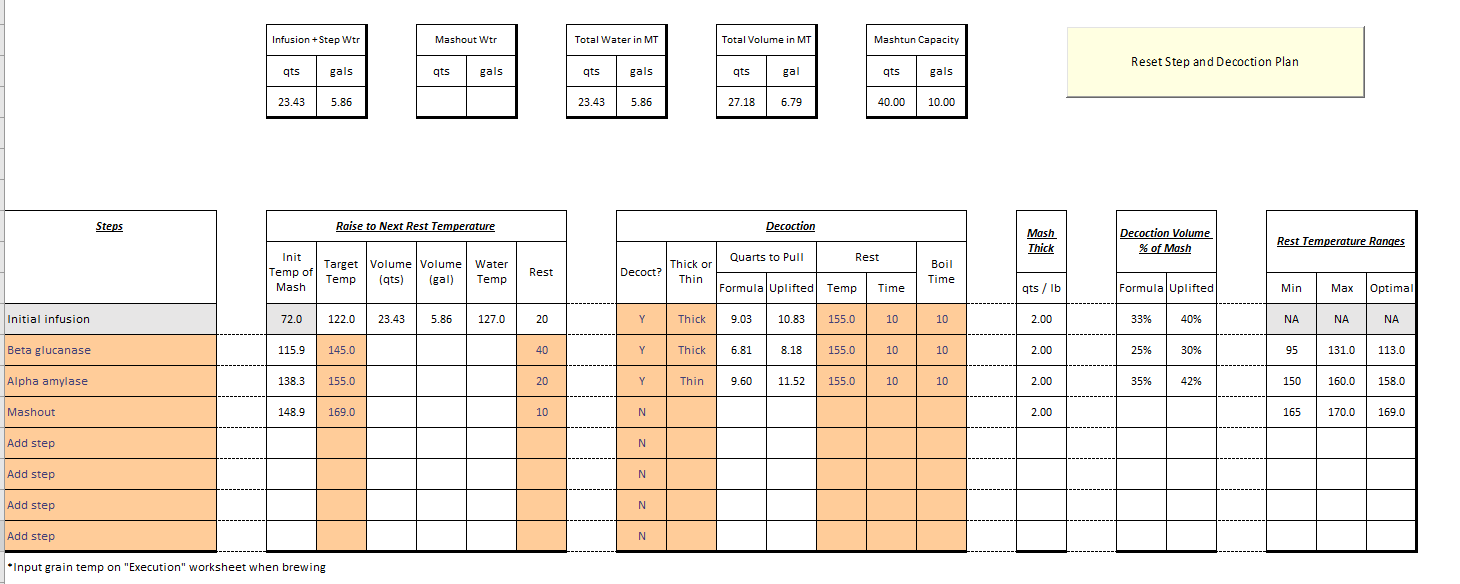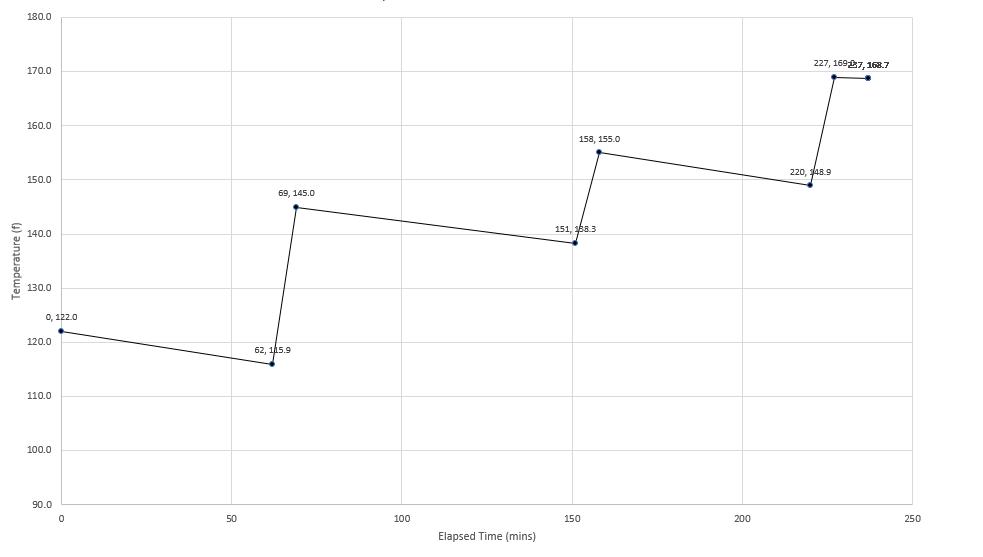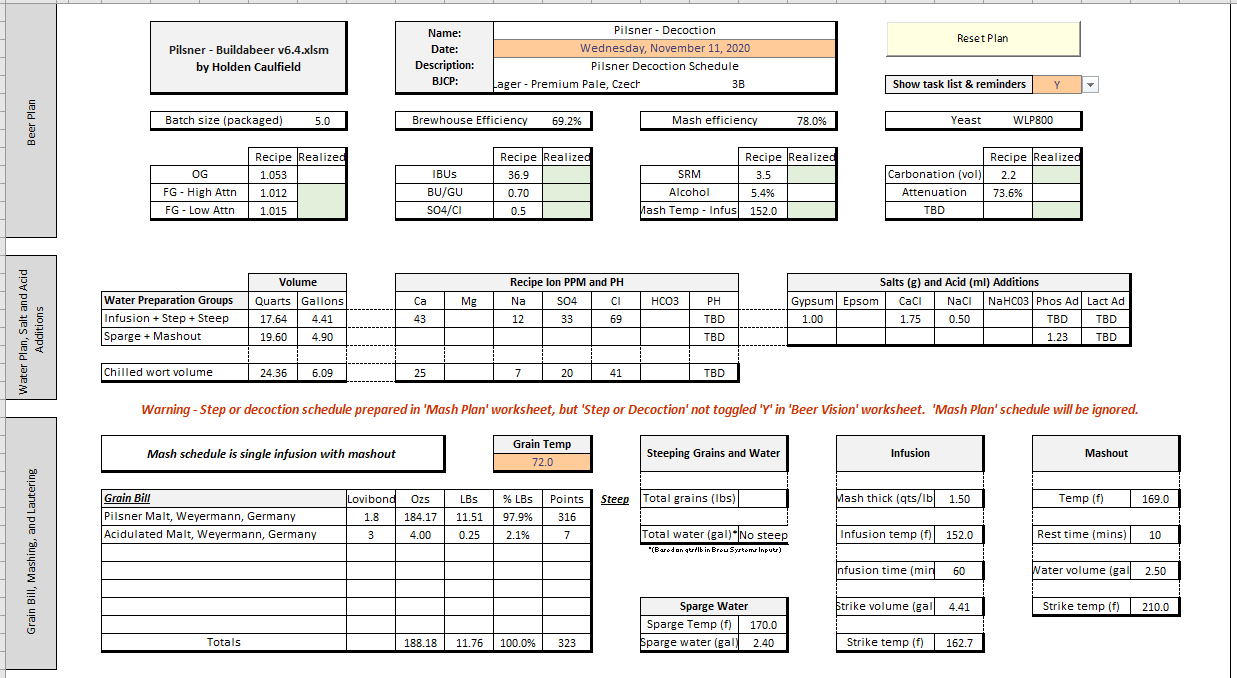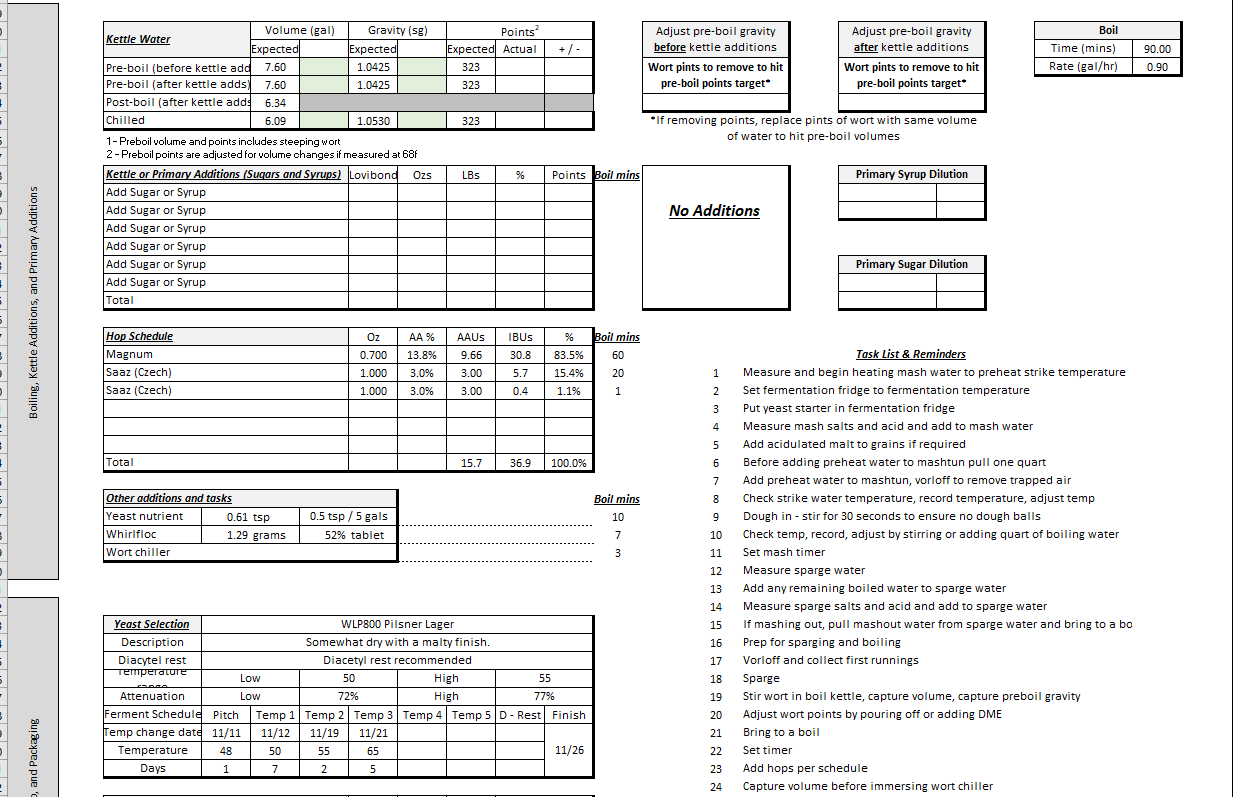Welcome to all grain brewing.
Based on your questions, I am guessing that you may be biting off more than you can chew. You may want to get a little more experience under your belt with single infusion mashes rather than doing a rather complicated decoction mash - especially a double or triple decoction. Many brewers add 2-4% melanoiden malt to replicate the flavor you would get from a decoction and create amazing Czech Pilsners.
You start with all the grain. The amount of water in the initial infusion is dependent on your target mash thickness (qts/lb). For decoction mashes, the mash thickness is usually very thin (1.75 - 2) as you will be pulling decoctions of thick mash, boiling them, then adding them back to raise the mash temperature to the next level. Additional water is not added to 100% decoction mashes. So for 11.75lbs of grain, at a mash thickness of 2, you would add the grain to 23.5 quarts of water.
For single infusion mashes, again you start with all the grain, but the mash thickness target is usually a little thicker, typically between (1.25 - 1.75). So for 11.75 lbs of grain you would add it to about 17.6 quarts of water.
Theses quantities confuse me without knowing other details about the recipe - batch size, preboil volume, etc. They could be decoction sizes, but they are very small given the quantity of grain and batch size the grains imply.
Below is a decoction schedule I built in my program based on the rest temperatures you provided, a 5 gallon batch size, and my system (system factors not shown). As you will see it is quite complicated. I suggest you do a single infusion mash at 152 and 17.6 quarts of water, prior to attempting one of the most complex mash schedules possible.
Finally, below is a snapshot of the single infusion brew day based on your recipe and some assumptions, It provides everything you need to know. Note, it is based on my system, so it the systems inputs would need to be adjusted to reflect your system and actual recipe parameters. You can find a generic version of the program here...https://www.dropbox.com/s/0vyt6v8pj4y5yrv/Buildabeer%20v6.4DB.xlsm?dl=0
View attachment 706065
View attachment 706064
View attachment 706068
View attachment 706067






 i was going to say 155 seems low for a second step and shoot for 162. and to use thermometer and stir it in and check the temp. add more or less to hit your temp.
i was going to say 155 seems low for a second step and shoot for 162. and to use thermometer and stir it in and check the temp. add more or less to hit your temp.































![Craft A Brew - Safale BE-256 Yeast - Fermentis - Belgian Ale Dry Yeast - For Belgian & Strong Ales - Ingredients for Home Brewing - Beer Making Supplies - [3 Pack]](https://m.media-amazon.com/images/I/51bcKEwQmWL._SL500_.jpg)






























